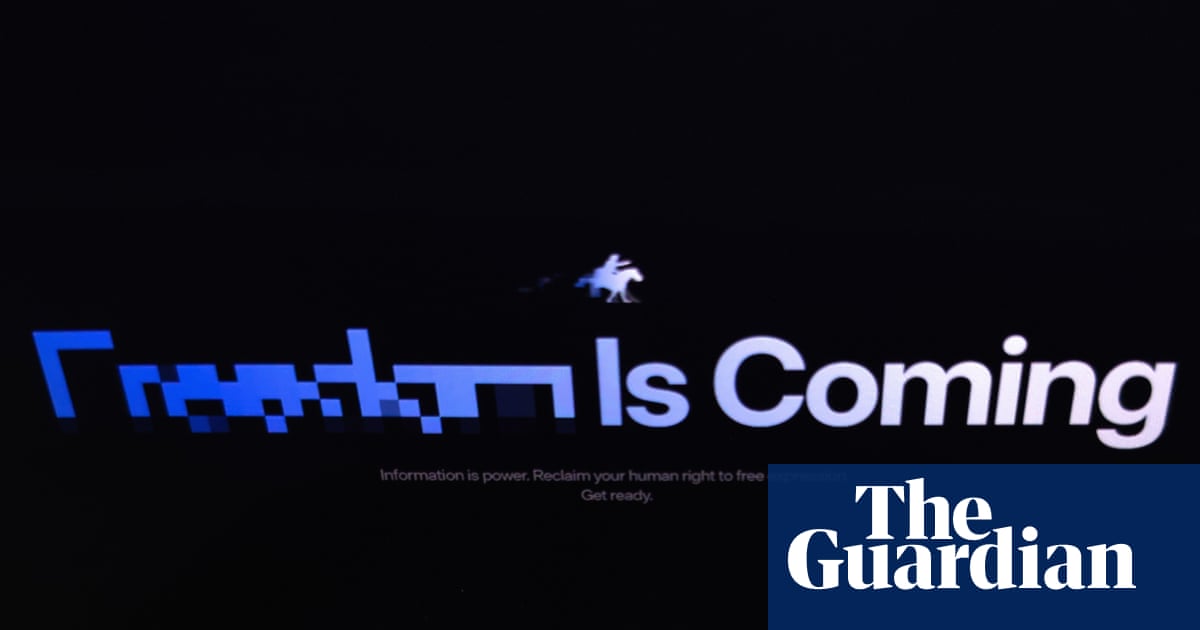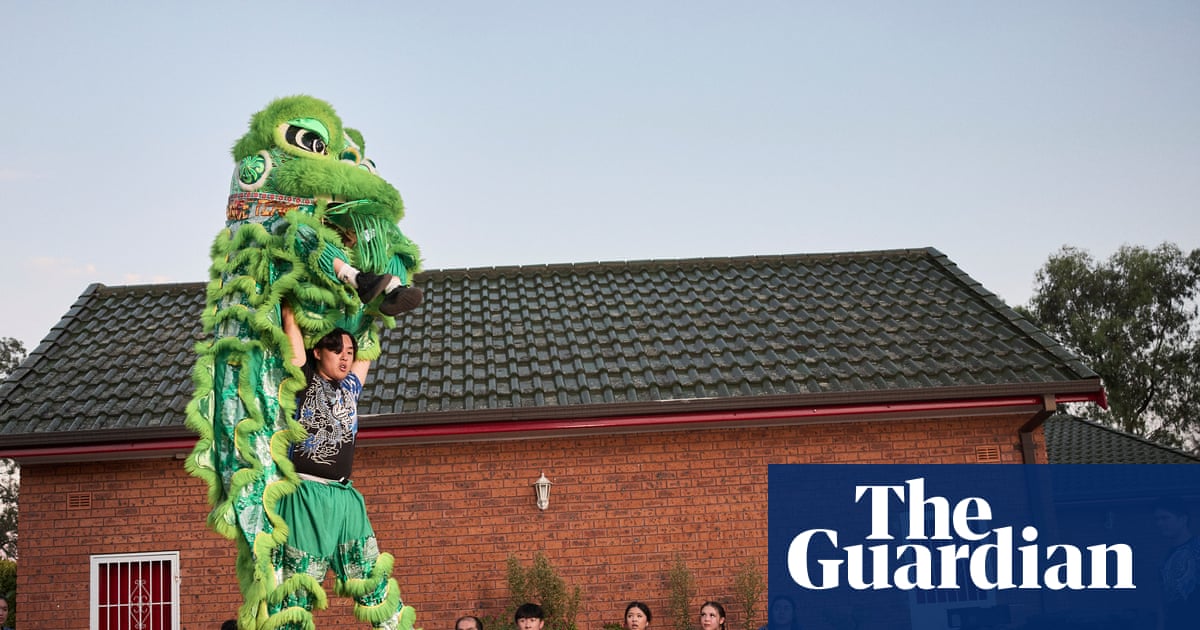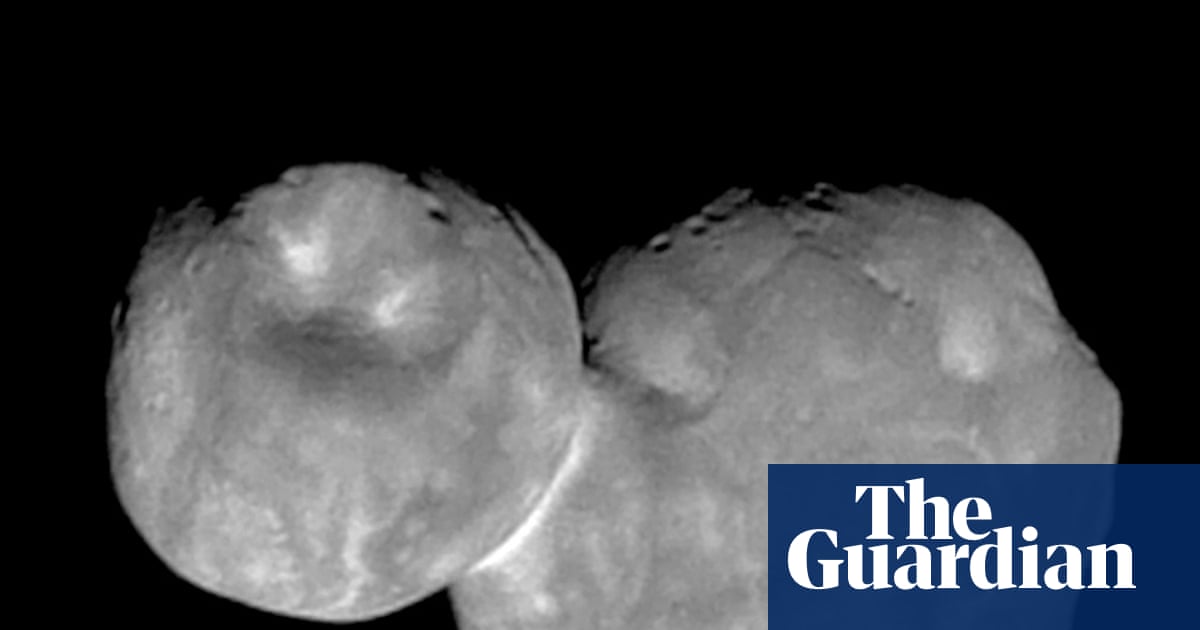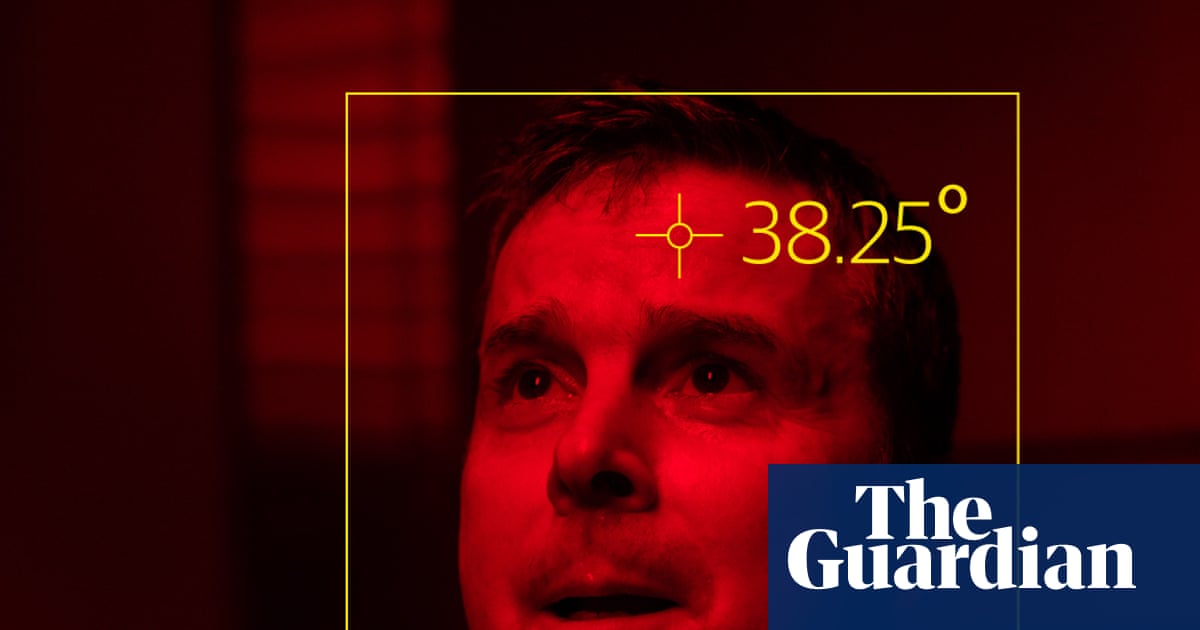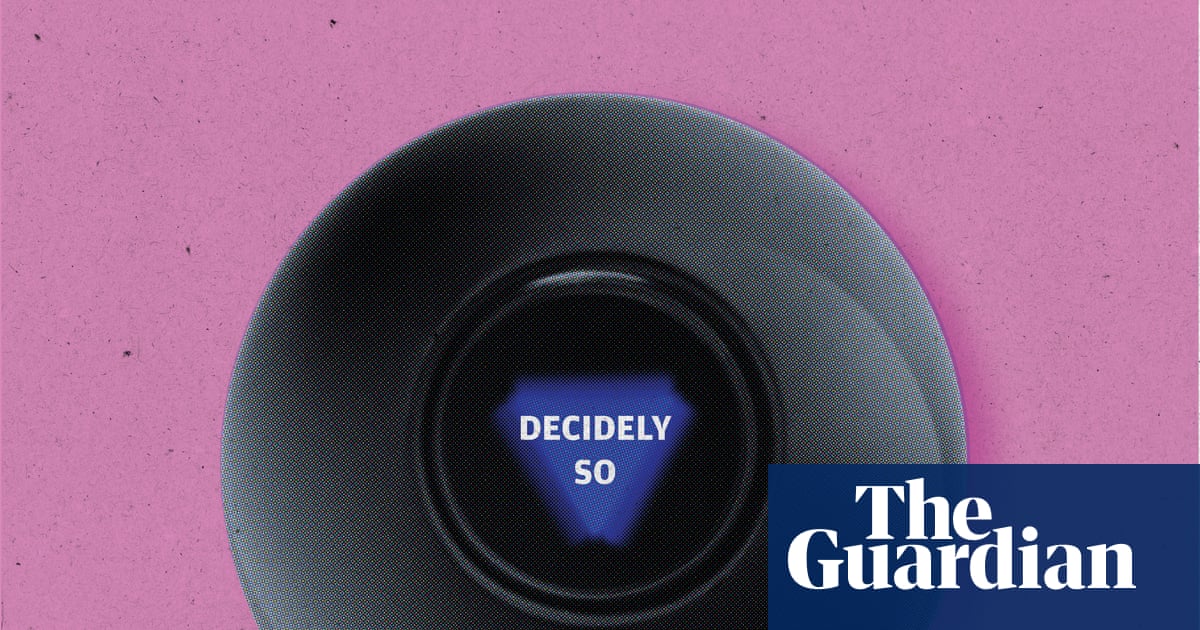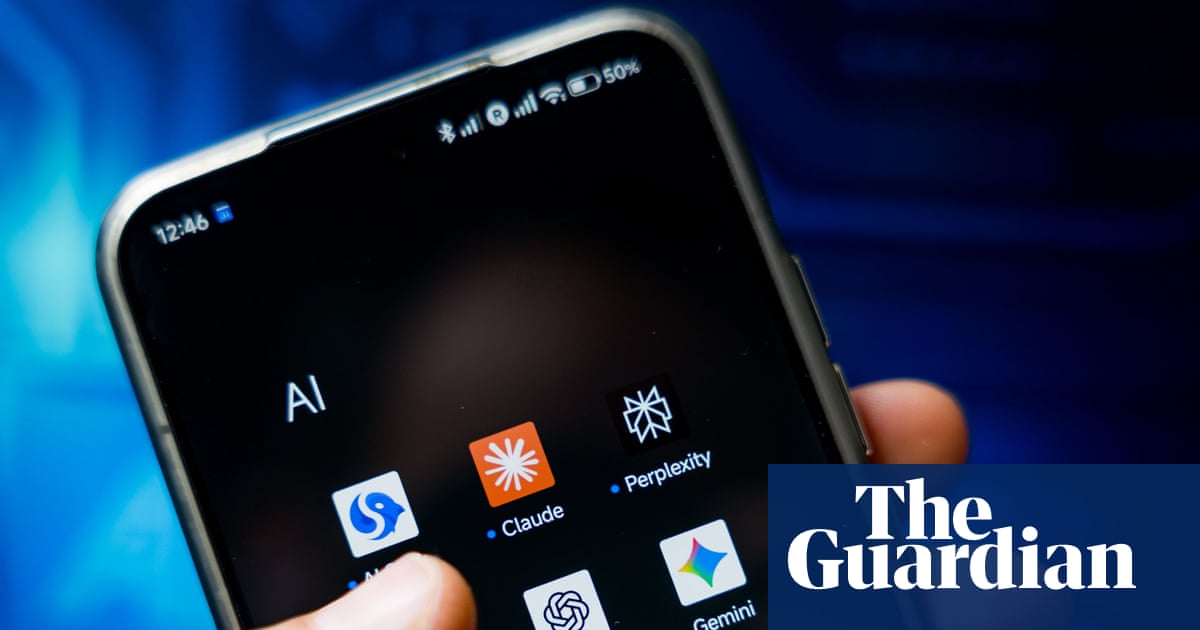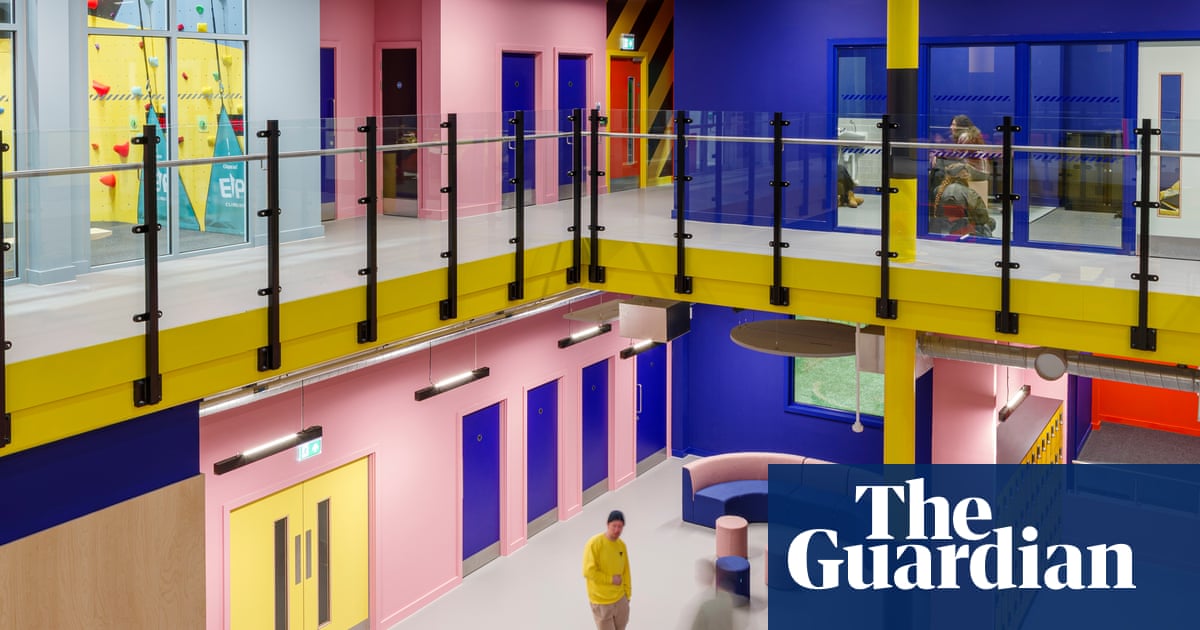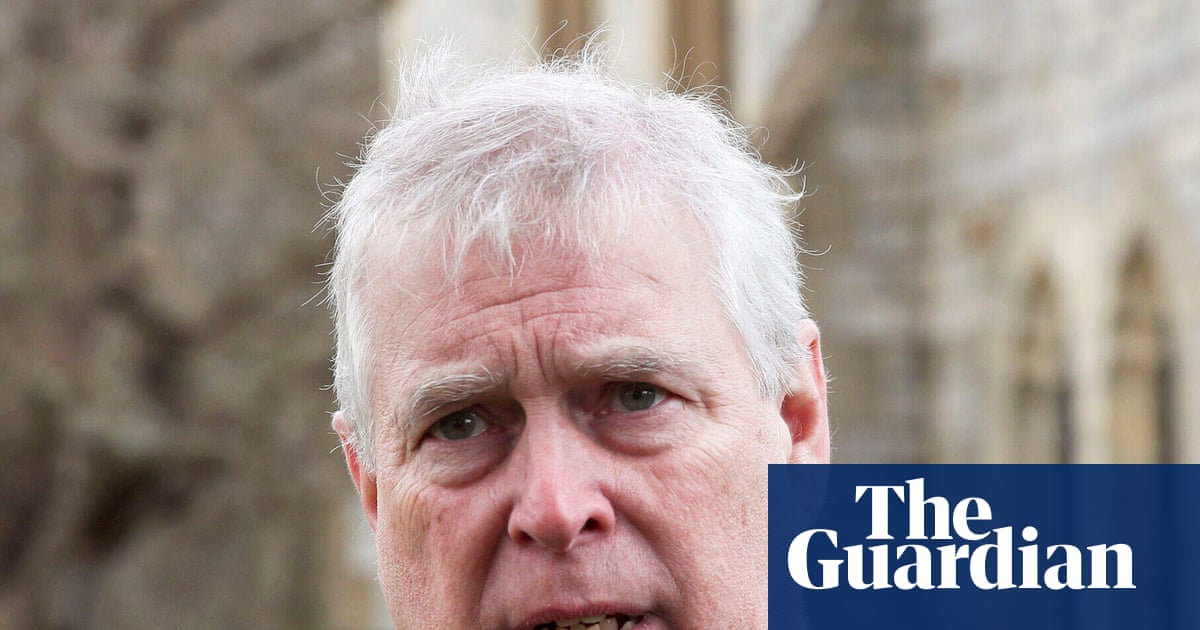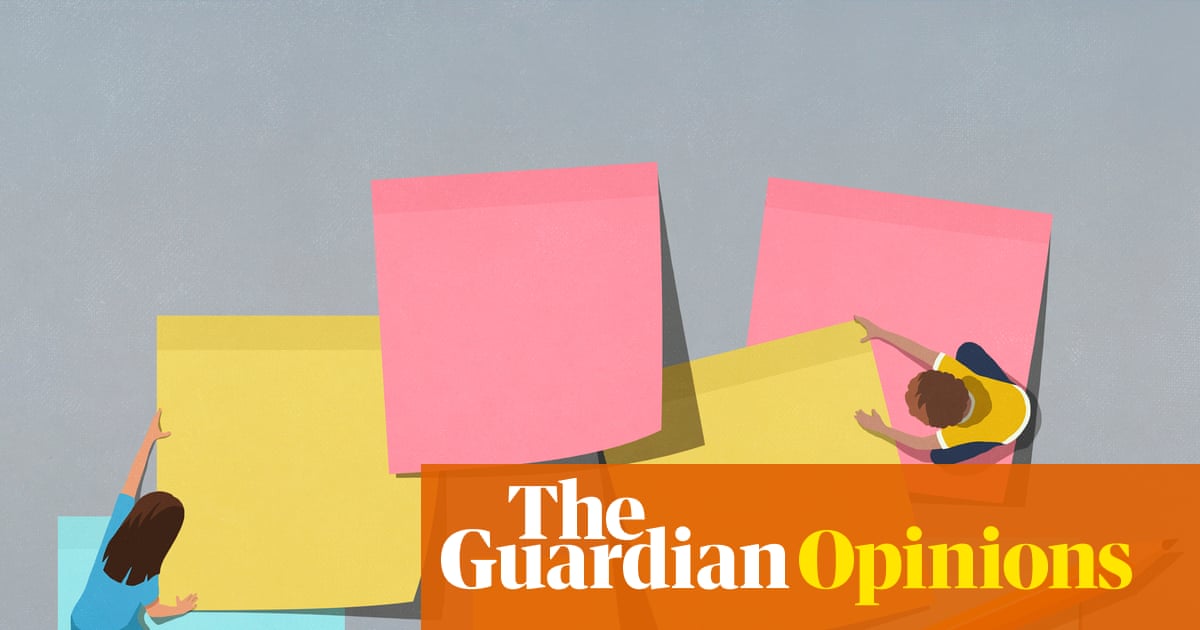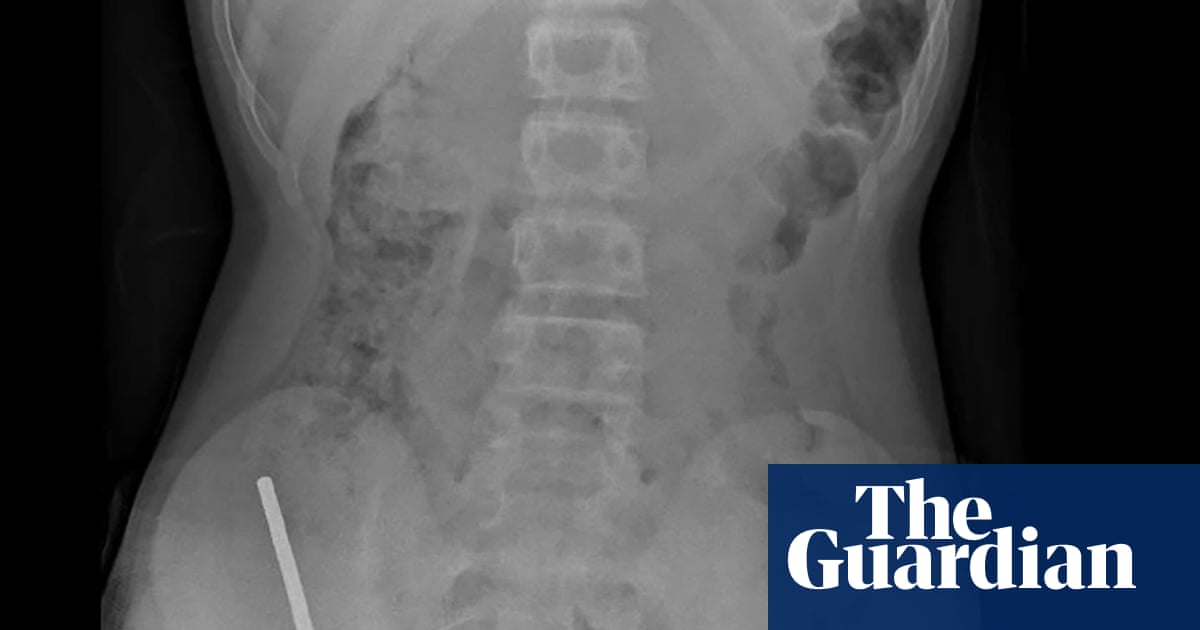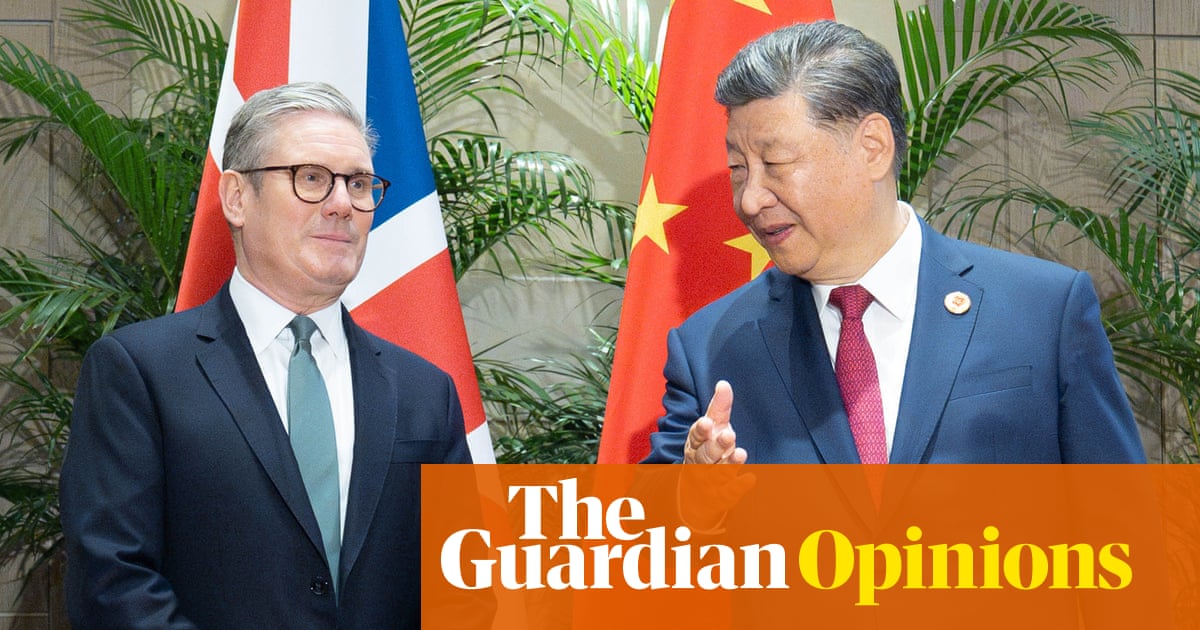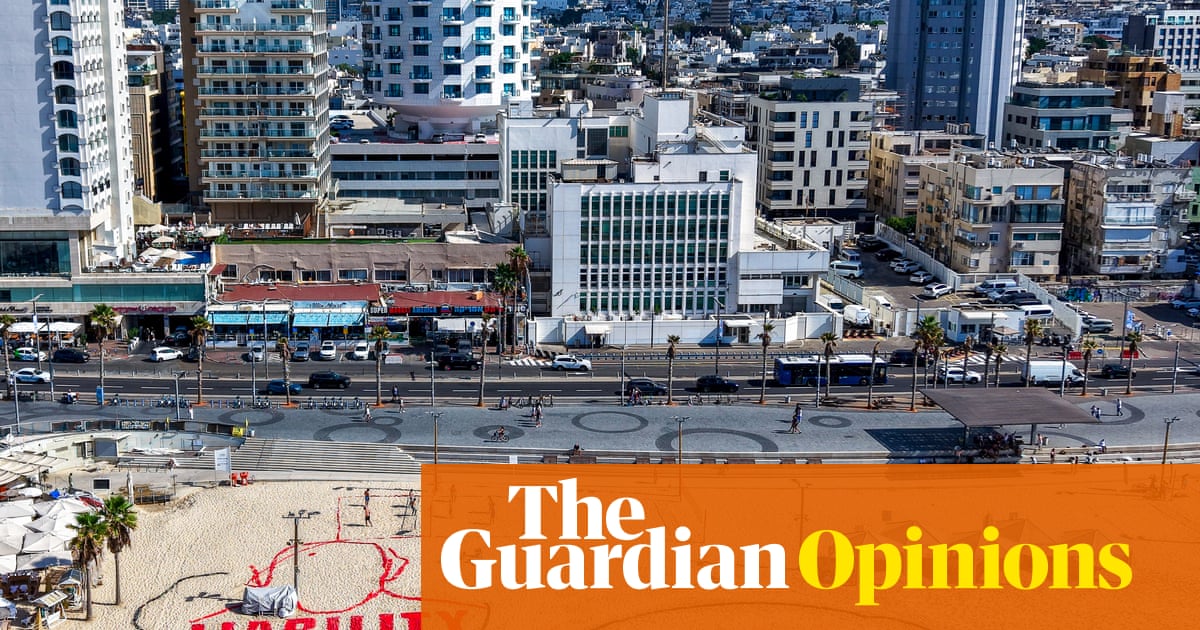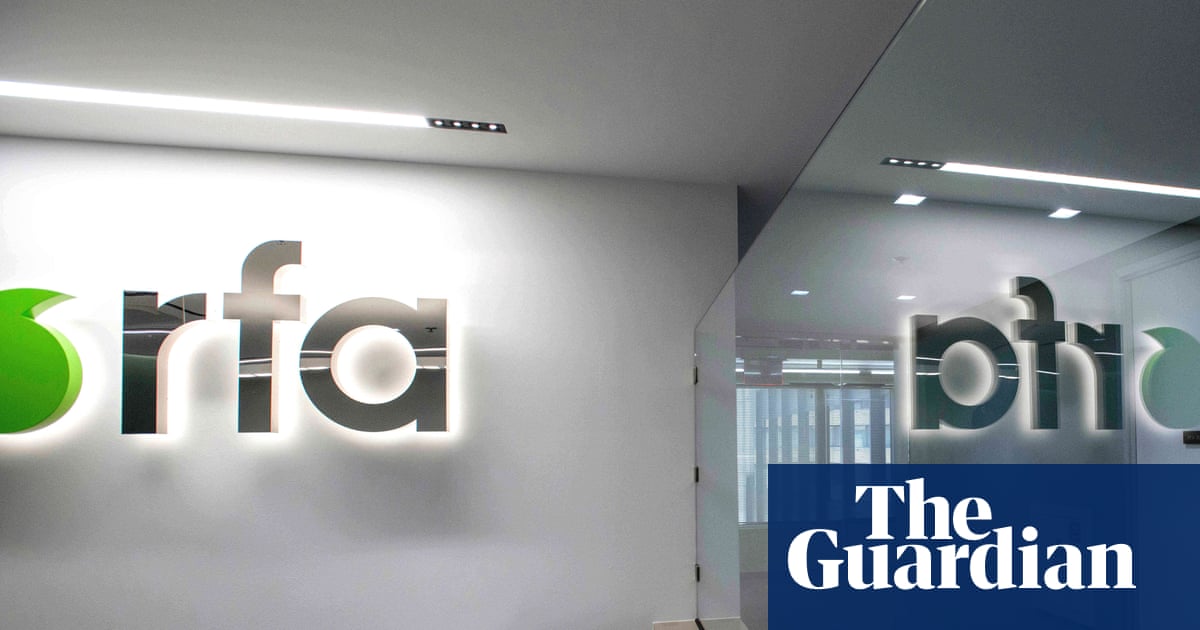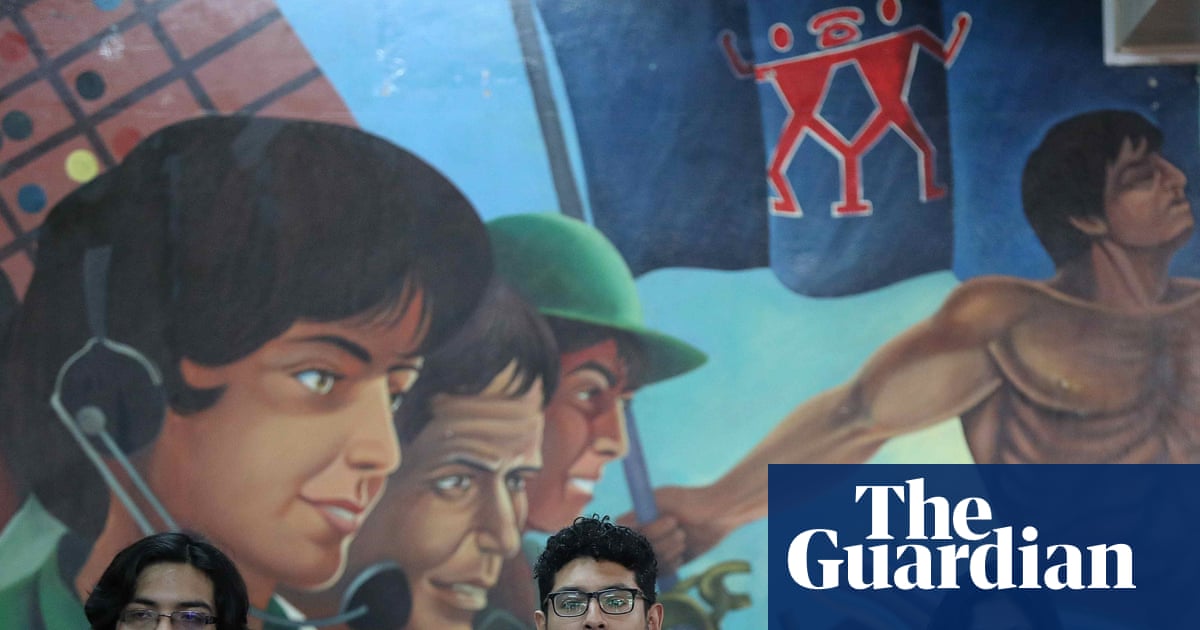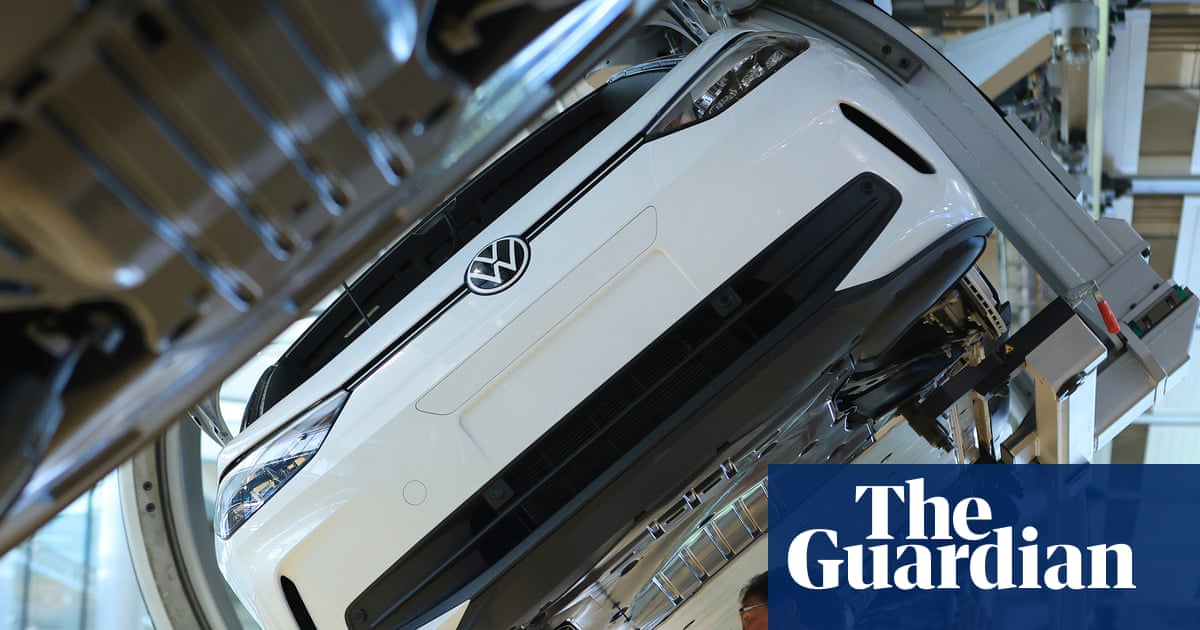The world economy hinges on the success or failure of artificial intelligence. It’s becoming apparent that we are probably doomed either way.
Employment growth is stuck and wage growth is slowing, especially among low-paying jobs. Loan delinquencies are rising, driving an increase in bankruptcies. Consumer confidence has collapsed. And reckless policymaking is taking its toll. Donald Trump’s trade war is cutting farmers’ access to the Chinese market and manufacturers’ access to Chinese rare-earth magnets. His clampdown on migration is hitting access to labor, from agriculture to healthcare. The drawn-out government shutdown is starting to sap economic growth.
Yet all this has been no match for the AI boom. Amid the mire of dismal statistics, the bacchanal of investment by a narrow clutch of technology firms pursuing the dream of superhuman artificial intelligence is single-handedly sustaining economic growth. It is propping up business investment and powering a stock market rally that is sustaining consumer spending and lifting the spirits of the 60% of Americans who own stock.
How long will it last? Trying to predict economic inflection points and stock market convulsions is pointless. Still, the precarious balance of the American economy offers some pretty good clues about where we are heading: we’re probably toast, however the AI story plays out.
What if the AI-driven stock market surge turns out to be a bubble? Investors are clearly nervous. The VIX Index, the financial markets’ “fear gauge” that measures expectations of future stock swings, last week hit its highest since “liberation day” in April, when Trump unleashed a barrage of tariffs which sent markets into a tailspin.
Suddenly, the entire AI project is clouded in an immediate, tangible fear: what if investors come to realize that the stupendous productivity gains that Silicon Valley assures us will more than justify plowing hundreds of billions of dollars into ever more powerful AI agents won’t, in fact, materialize? Trillions of dollars in stock wealth could go poof in days.
Former IMF chief economist Gita Gopinath estimates that if the market crashes like it did after the dotcom bubble burst at the turn of the century, it would wipe out $20tn in wealth held by American households and $15tn in wealth held by investors in the rest of the world.
But consider the opposite scenario. What if the dream doesn’t collapse? AI progress over the coming months looks like it will justify Silicon Valley’s productivity dreams. Evidence of its benefits starts showing up in corporate profits. Investors become comfortable with the lofty valuations of Nvidia, Alphabet and the rest of the so-called “magnificent seven” – the tech giants whose combined valuation now accounts for about a third of the entire S&P 500 index of the US’s largest companies. What kind of world do we get then? What would the grand productivity leap mean for humanity?
In econospeak, productivity growth is beneficial by definition. It is what drives rising living standards. The technological progress that drives productivity growth – by allowing us to make new products and services, faster and more cheaply – does bring about losers. Think about farm workers, who accounted for 40% of jobs at the turn of the 20th century, or administrative assistants rendered pointless by the PC, or horses, bumped from their perch in the economy by the internal combustion engine.
But workers as a whole have generally gained from rising wages as they adapted to use new tech. Rising income created demand for new products, which opened new jobs. The market price of an hour of labor – ie workers’ wages – has grown tenfold since Luddites started smashing textile machines in the 19th century, even as employment has grown continuously.
after newsletter promotion
One might conclude that AI will be no different than the tractor or the power loom. But the AI promise is much more ambitious. It does not offer to replicate some human tasks. It proposes to replicate humans. Indeed, the AI revolutionaries aim to build agents that can do everything that humans do but better. It is not a technology that bumps workers into new tasks. It is designed to perform all the tasks at a higher level than any human worker could.
This would create a problem that the labor market used to solve: how will people make a living? Redistribution might take its place. But as Erik Brynjolfsson of Stanford University put it, the new arrangement would vastly concentrate wealth and power. Most of us “would depend precariously on the decisions of those in control of the technology”, he argued. Society would risk “being trapped in an equilibrium where those without power have no way to improve their outcomes”.
Maybe we should hope the AI revolution unfolding before us turns into a bubble that pops. We will all suffer when it bursts – pushing the world into a recession. But after the project falls apart, perhaps humanity can build something more promising, less dangerous, from the pieces.
Brynjolfsson points out that the value gained from automation pales alongside the gains from creating something new. In this vein, he suggests that AI should be aimed at building agents to augment rather than replace labor, to help human workers perform tasks that they currently can’t do. AI is already helping design new proteins. On a more prosaic level, it could help provide nurses the technical expertise that would allow them to perform tasks reserved for doctors.
Investment bubbles leave valuable knowledge and infrastructure in their wake. The current information ecosystem was built from the rubble of the dotcom bust. A century and a half before then, investors lost their shirts in the crash that followed massive investments in British railways. The British economy sank into a painful recession. But the bubble left behind miles and miles of valuable railway track.
Perhaps an AI crash could lay the groundwork to steer the technology away from Silicon Valley’s quest to build some supersmart, software-driven agent to replace meat-and-bones humans and spread a synthetic version of humanity across the galaxy. We could focus instead on building something that will help improve the lives of humans as they are.

 3 months ago
66
3 months ago
66

